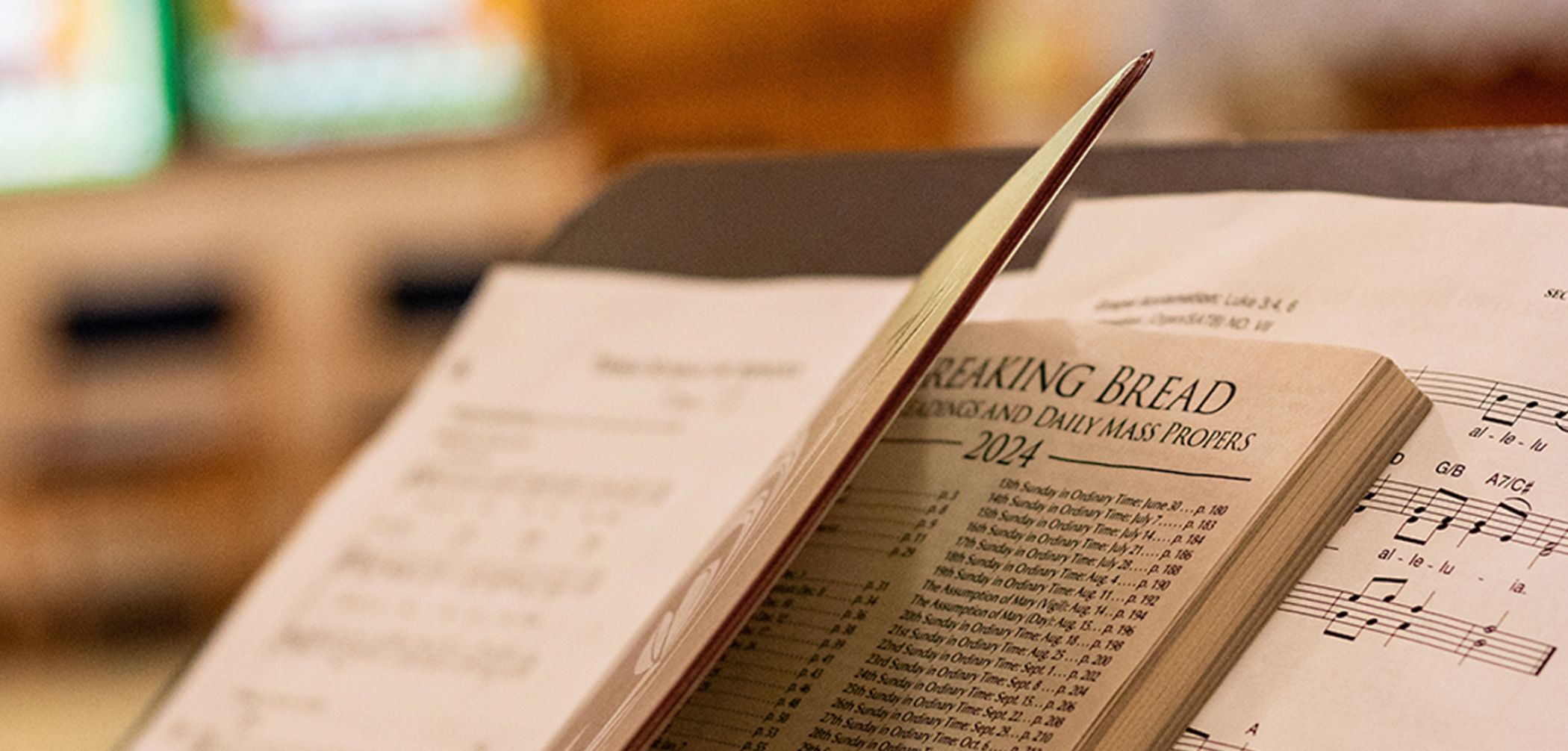
Is 43:18-19, 20-21, 24b-25
Ps 41:2-3, 4-5, 13-14
2 Cor 1:18-22
Mk 2:1-12
The Prophet Isaiah, wrote his Book to console the people, and this section (Chapters 40 to 55) is often referred to as the Book of Consolation. The Prophet assures the people of a new exodus, this time from Babylon, back to the promised land, and assures them that the Word of the Gd endures forever, that is, the promise of the Lord to be always with His people. Today we hear him assuring the people that God has forgiven the sins and transgressions that brought about the exile as a punishment on them. God has forgotten the past. New hope dawns'
The Second Reading is taken from the opening section of 2 Corinthians in which Paul is relieved and overjoyed at the reconciliation which has been brought about with the Corinthians. They were a troublesome lot and caused Paul many headaches with their bickering in the community, and their criticisms of Paul himself. Here Paul is in the first flush of relief at the settling of recent disputes and is reaffirming his own honesty and integrity, and that of his companions Silvanus and Timothy.
The Gospel reading (Mk 2:1-12) is the story of the paralytic. It follows the story of the leper (last Sunday's gospel). The actions of Jesus are beginning to draw hostile reactions from the leaders. This story is the second in a series of stories and teachings that build up to a very dramatic climax of opposition when Jesus and the leaders clash about his healing on the Sabbath. This section of the Gospel ends in their deciding to do away with Him (3:6).
The faith of the friends who brought the paralytic to Jesus is repeated every day in the lives of those who work for the sick in a spirit of loving service. prayer and faith. It is evident in accident and emergency rooms, operating rooms, and recovery wards. It is evident in nursing homes and memory care facilities. It is especially evident in the faith motivated pilgrimages to shrines associated with spiritual, emotional, and sometimes physical healing. So often people experience healing in their inner lives, acceptance of suffering, forgiveness of sin, and reconciliation within themselves, with their neighbor and with God.
Past Reflections
-
Weekly Reflection
-
Weekly Reflection
-
Weekly Reflection
-
Weekly Reflection
-
Weekly Reflection
-
Weekly Reflection
-
Weekly Reflection
-
Weekly Reflection

